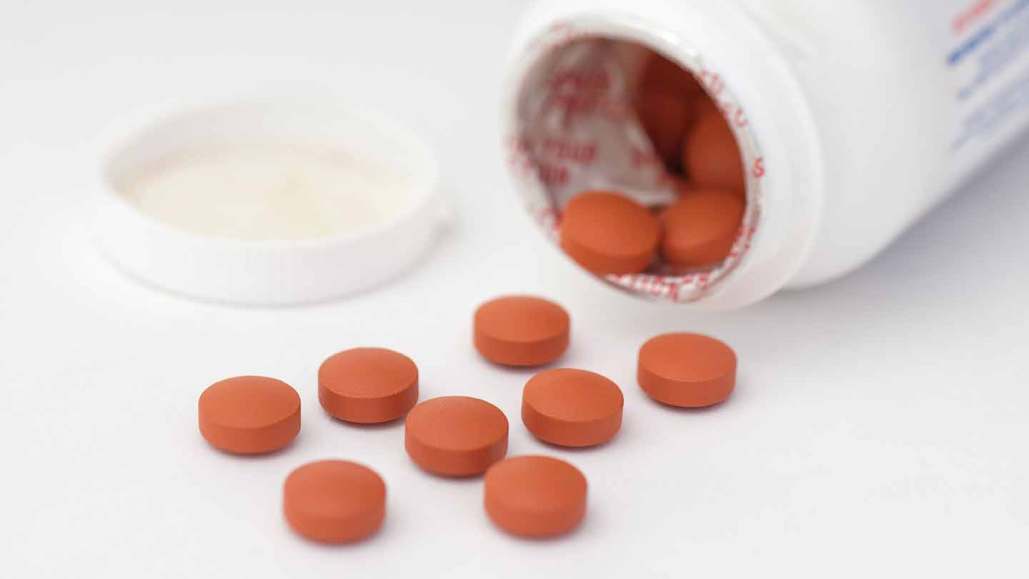A Common Medication Shows Promise in Treating a Rare Genetic Disorder

DENVER — A drug found in almost every medicine cabinet may be a treatment for a rare genetic disease.
Ibuprofen may help children with mutations in a gene called MAN1B1, a study in fruit flies suggests. Geneticist Clement Chow of the University of Utah in Salt Lake City reported the results November 6 at the American Society of Human Genetics annual meeting.
The MAN1B1 protein normally strips a sugar called mannose off misfolded proteins, targeting them for disposal. Kids who inherit two faulty copies of the MAN1B1 gene have developmental delays, are prone to obesity and aggression, have distinctive facial features and a host of other issues. No cure or treatment for the disease, called MAN1B1-congenital disorder of glycosylation, currently exists.
Chow and colleagues decided to test a battery of already approved drugs to see if any might help. This type of drug repurposing research has become common. The approach is “important because people living with rare diseases can’t just sit around waiting for a drug to be developed, which may take decades,” Chow said.
The team made fruit flies in which MAN1B1 was mutated in the flies’ eyes. The mutation causes the eyes to be small and rough. The researchers tested about 1,500 existing drugs on the flies. Of those, 51 restored the flies’ eyes to the usual large, ruby red state and 47 made the condition worse. Of the drugs that returned the eyes to normal, nine were nonsteroidal anti-inflammatory drugs, or NSAIDs, including ibuprofen and related pain relievers.
Those drugs inhibit the action of enzymes known as COX1 and COX2 to reduce inflammation in the body. In flies without MAN1B1, COX activity was high. Treating with ibuprofen could lower it. And genetically lowering the amount of COX also restored the normal eye shape, indicating that the overzealous enzyme is a problem when MAN1B1 isn’t around to run a quality check on it.
Flies that completely lack MAN1B1 in their bodies also had prolonged seizures when researchers banged the vial containing the flies on the counter. But treating the flies with ibuprofen made the flies less seizure-prone.
Results from the fly experiments were promising enough that a doctor started three children who have MAN1B1 mutations on low-dose ibuprofen. The results are preliminary, but “things are looking fairly positive,” Chow said.




